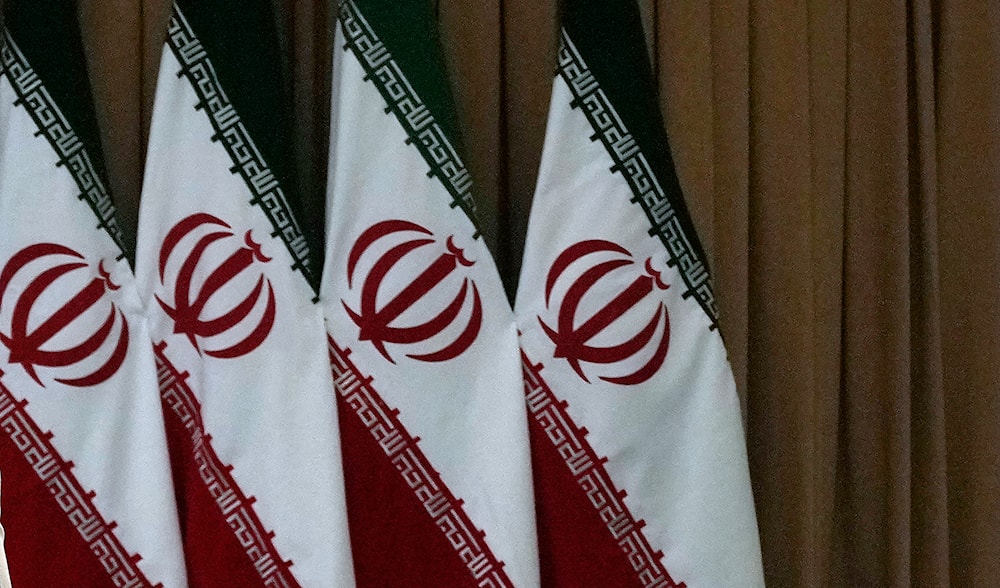Geneva to host crucial talks on reviving 2015 Iran nuclear deal
Iran's delegation will be led by Deputy Foreign Minister Majid Takht Ravanchi, a seasoned diplomat and nuclear negotiator.
-

Flags of Iran are displayed in Tehran, Iran, on Friday, July 5, 2024. (AP)
In a renewed push to salvage the 2015 Iran nuclear agreement, high-level talks are set to take place on Friday between Iran, the European Union, and three European nations: Britain, France, and Germany. This marks the first nuclear negotiation since Iranian President Masoud Pezeshkian assumed office in late July.
The talks, reported by Kyodo News, aim to break the deadlock over the Joint Comprehensive Plan of Action (JCPOA), a deal originally brokered in 2015 to curb Iran's nuclear program in exchange for lifting international sanctions. Former US President Donald Trump withdrew the US from the agreement in 2018, citing its perceived shortcomings, and reimposed sweeping sanctions on Iran.
The Geneva meeting coincides with heightened political stakes as Trump prepares to return to the White House in January. His administration's stance is expected to influence the future trajectory of the JCPOA.
Iran's delegation will be led by Deputy Foreign Minister Majid Takht Ravanchi, a seasoned diplomat and nuclear negotiator. Topics on the table are anticipated to include Iran's uranium enrichment activities and European sanctions on Iranian airlines and shipping companies.
Read more: Iran FM rebukes EU sanctions, warns against escalatory IAEA measures
The talks also come in light of heightened tensions between Iran and the International Atomic Energy Agency (IAEA).
On November 21, the IAEA's 35-nation Board of Governors passed a resolution urging Iran to enhance its cooperation with the agency. The resolution, backed by the US and European nations, called for a comprehensive report on Iran's nuclear activities, aiming to pressure Tehran into renewed negotiations.
In retaliation, Iran announced the activation of new advanced centrifuges to enrich uranium, escalating its nuclear activities. This move came shortly after the IAEA's resolution, indicating Iran's defiance against international pressure.
Nuclear standoff
Since April 2021, negotiations to reinstate the JCPOA have been underway in Vienna. However, talks stalled in August due to disagreements between Tehran and Washington.
Iran insists on the complete removal of all US-imposed sanctions and seeks guarantees that future US administrations will honor any agreement reached. The US, under President Joe Biden, has signaled readiness to return to the deal but has refused to meet all of Tehran's demands.
Iran has maintained that its nuclear program is for peaceful purposes, while Western nations have expressed concerns about Tehran's advancements in uranium enrichment, which could potentially be used to develop nuclear weapons.
Observers note that the Geneva meeting comes at a critical juncture for global diplomacy, with both sides facing pressure to compromise amid escalating tensions in the region. The outcome of these talks could determine whether the JCPOA can be revived or if the international community will face heightened uncertainty over Iran's nuclear ambitions.
Read more: Iran vows response if nuclear watchdog approves censure: AEOI chief

 3 Min Read
3 Min Read








